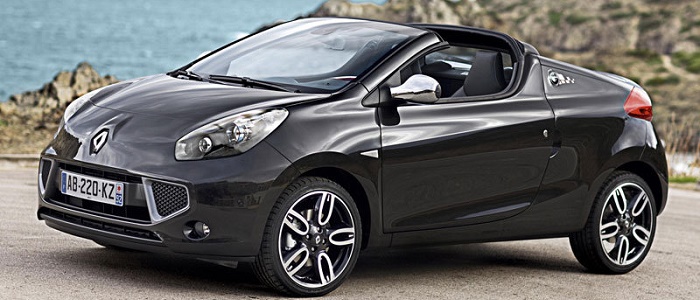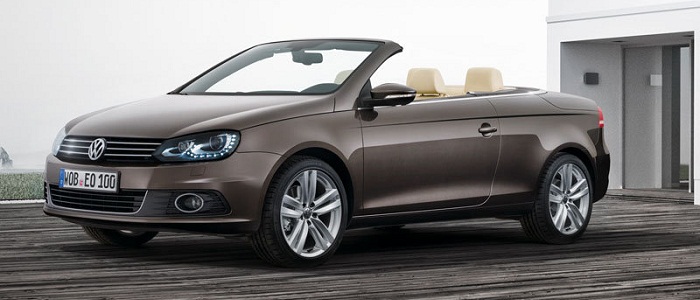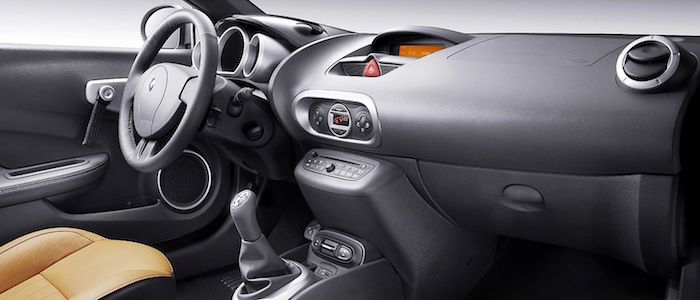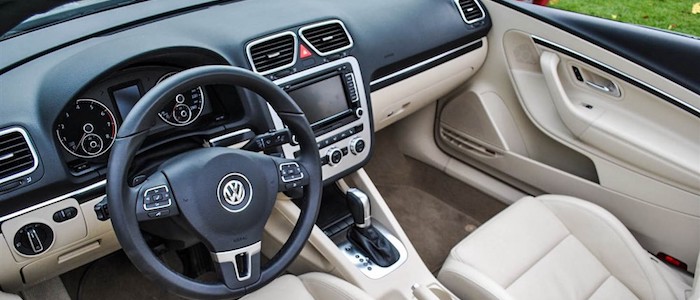Compare two cars
Compare any two cars and get our Virtual Adviser™ opinion
Dimensons & Outlines
Check vehicle history
Engine
Performance (manual gearbox)
Performance (automatic gearbox)
Expenses
Virtual Adviser's™ opinion
Well, these are two pretty similar cars we have here! It's only details that could potentially make the difference. Considering they both belong to the sports car segment and utilize the same 2-door cabriolet body style and the front wheel drive system, it all comes up to the specific petrol engine choice they offer. The first one has a Renault-engineered powertrain under the hood, a 4-cylinder, 16-valves 101hp unit, while the other one gets its power and torque from a 4-cylinder, 16-valves 122hp engine designed by Volkswagen.
SafetyThe fact that the Volkswagen got tested by the European New Car Assessment Programme (Euro NCAP), while the other contender didn't, offers a slight advantage, as the 4-star rating is better than none. Still, apart from the official crash test results there are other things we need to be aware of. Both vehicles belong to the sports car segment, which is generally classifying them somewhere in the middle safety-wise, but it doesn't do much to help us decide between the two. On the other hand, if we'd like to consider vehicle mass in this context too, which we definitely should, the German car offers a considerable difference of 27% more metal.
ReliabilityReliability is not the best thing to consider on the make level, but it is worth mentioning that Renault does have a slight advantage, all the models observed together. These are the results of an independent reasearch, while our visitors describe reliability of Renault, as well as Volkswagen, with the same average rating of 4.2 out of 5. Some independent research have also placed Wind as average reliability-wise, and Eos is more or less at the same level.Above it all, drivers of cars with the same engine as the French car rank it on average as 4.7, while the one under the competitor's bonnet gets 4.5 out of 5.
Performance & Fuel economyRenault is a bit more agile, reaching 100km/h in 0.4 seconds less than its competitor. Still, it lacks the power to win the top speed competition, topping at 190 kilometers per hour, 8km/h less than the other car. When it comes to fuel economy things look pretty much the same for both cars, averaging around 6.3 liters of fuel per 100 kilometers (45 mpg), in combined cycle.
Verdict
Renault is apparently more reliable, not too much, but just enough. The most important thing when deciding between any two vehicles should always be safety, both passive and active. In my opinion, everything taken into account, the German car beats the other contender by far, making it the best choice without even considering other things. When it comes to performance, both vehicles provide similar experience, so I wouldn't point any of them out. the German car still consumps less fuel, which needs to be taken into consideration. All together, there's not much more to say, in this case I wouldn't even consider anything but Volkswagen. In any case that's my personal view, built upon all the data available to me. What should decide here though is the way you feel about the two vehicles, and I hope you'll find my guidelines useful in the process. Also, you could use the oportunity to find out which car, everything taken into account, would be the perfect choice for you in the eyes of the virtual adviser™, out of 12.000+ vehicles we currently have in our database.


































